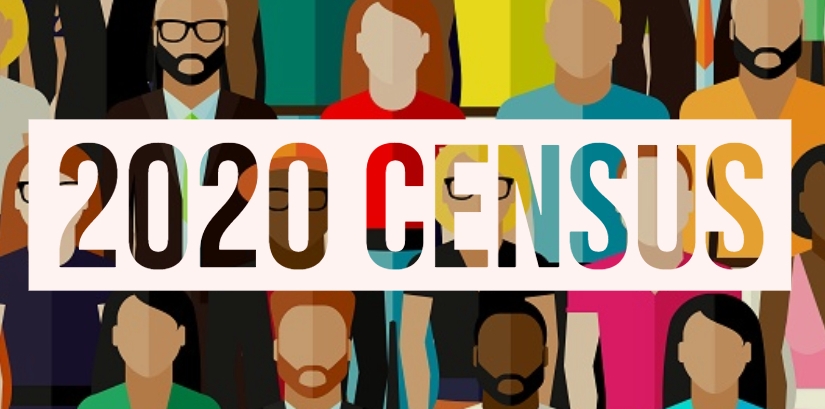
In 2015, I was invited to join the Commerce Department’s Data Advisory Council. Truth be told, I was kinda oblivious to what this was all about. I didn’t know much about how the government functioned. I didn’t know what a “FACA” was. (Turns out that the “Federal Advisory Committee Act” is a formal government thing.) Heck, I only had the most cursory of understanding about the various agencies and bureaus associated with the Commerce Department. But I did understand one thing: the federal government has some of the most important data infrastructure out there. Long before discussions about our current tech industry, government agencies have been trying to wrangle data to help both the public and industry. The Weather Channel wouldn’t be able to do its work without NOAA (National Oceanographic and Atmospheric Administration). Standards would go haywire without NIST (National Institute of Standards and Technology). And we wouldn’t be able to apportion our representatives without Census.
Over the last few years, I have fallen madly in love with the data puzzles that underpin the census. Thanks to Margo Anderson’s “The American Census,” I learned that the history of the census is far far far messier than I ever could’ve imagined. An amazing network of people dedicated to helping ensure that people are represented have given me a crash course into the longstanding battle over collecting the best data possible. As the contours of the 2020 census became more visible, it also became clear that it would be the perfect networked fieldsite for trying to understand two questions that have been tickling my brain:
- What makes data legitimate?
- What does it take to secure data infrastructure?
(For any STS scholar reading this, add scare-quotes to all of the words that make you want to scream.)
Over the last two years, I’ve been learning as much as I could possibly learn about the census. I’ve also been dipping my toe into archival work and trying to strengthen my theoretical toolkit to handle the study of organizations and large scale operations. And now we’re a matter of days away from when everyone in the country will receive their invitation to participate in the census, and so I’m throwing myself into what is bound to be a whirlwind in order to fully understand how an operation of this magnitude unfolds.
While I have produced a living document to explain how differential privacy is part of the 2020 census, I’ve mostly not been writing much about the research I’m doing. To be honest, I’m relishing taking the time to deeply understand something and to do the deep reflection I haven’t had the privilege of doing in almost a decade.
If I’ve learned anything from the world of census junkies, this decadal process is raw insanity and full of unexpected twists and turns. Yet, what I can say is that it’s also filled with some of the most civic-minded people that I’ve ever encountered. There are so many different stakeholders trying to ensure that we get a good count in order to guarantee that everyone in this country is counted, represented, and acknowledged. This is important, not just for Congressional apportionment and redistricting, but also to make sure that funding is properly allocated, that social science research can inform important decision-making processes, and that laws designed to combat discrimination are enforced.
I’m sharing this now, not because I have new thinking to offer, but because I want folks to understand why I might be rather unresponsive to non-census-obsessives over the next few months. I want to dive head-first into this research and relish the opportunity to be surrounded by geeks engaged in a phenomenal civic effort. For those who aren’t thinking full-time about the census, please understand that I’m going to turn down requests for my time this spring and my email response time may also falter.
Of course.. if you want to make me smile, send me photographs of cool census stuff happening in your community! Or interesting census content that comes through your feeds! And if you want to go hog wild, get involved. Census is hiring. Or you could make census-related content to encourage others to participate. Or at the very least, tell everyone you know to participate; they’ll get their official invitation starting March 12.
The US census has been taking place every 10 years since 1790. It is our democracy’s data infrastructure. And it is “big data” before there was big data. It’s also the cornerstone of countless advances in statistics and social scientific knowledge. Understanding the complexity of the census is part-and-parcel with understanding where our data-driven world is headed. When this is all over, I hope that I’ll have a lot more to contribute to that conversation. In the meantime, forgive me for relishing my obsessive focus.
